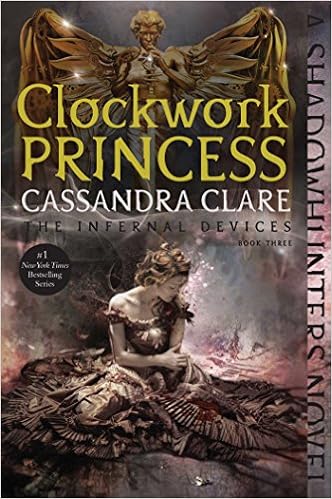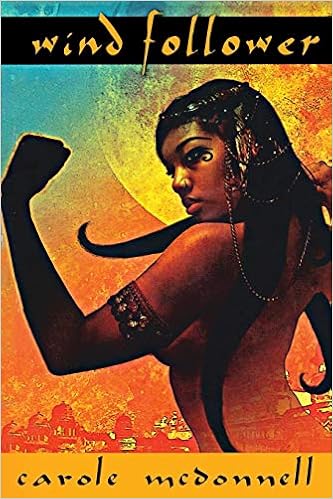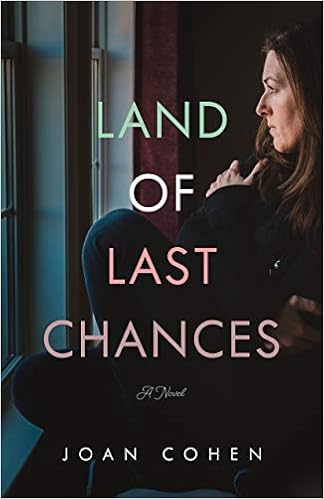 Set in Nazi Germany during World War II, The Boy in the Striped Pyjamas takes the reader on a journey through the eyes of a young, ignorant boy. This story filled me with sadness, but also made me laugh out loud. I would recommend this book for both boys and girls aged 12 to 15 years of age.
Set in Nazi Germany during World War II, The Boy in the Striped Pyjamas takes the reader on a journey through the eyes of a young, ignorant boy. This story filled me with sadness, but also made me laugh out loud. I would recommend this book for both boys and girls aged 12 to 15 years of age.
Tag: fiction
A review of The Albatross Around the Neck of Albert Ross by Geoffrey Gatza
 Gatza’s collection of short stories highlight important ideas such as connecting with family members, living the fullest life, challenging how to think beyond the obvious, and learning how to handle grief. Each of these lessons are truly important for both children and adults alike. What connects each of these stories, however, is the ability to experience each day with someone that readers care about whether that be a family member, a parent, a friend, or a sibling.
Gatza’s collection of short stories highlight important ideas such as connecting with family members, living the fullest life, challenging how to think beyond the obvious, and learning how to handle grief. Each of these lessons are truly important for both children and adults alike. What connects each of these stories, however, is the ability to experience each day with someone that readers care about whether that be a family member, a parent, a friend, or a sibling.
A review of Million Dollar Red By Gleah Powers
 Million Dollar Red provides great insight into the point of view of a child who survives childhood traumas to finally make a sustainable life for herself. It would be a great book to be read in community work-focused classrooms for those who seek to be trauma-informed as they make a difference with today’s youth.
Million Dollar Red provides great insight into the point of view of a child who survives childhood traumas to finally make a sustainable life for herself. It would be a great book to be read in community work-focused classrooms for those who seek to be trauma-informed as they make a difference with today’s youth.
A review of The Wondrous Apothecary by Mary E Martin
 In addition to writing a solid storyline for her Trilogy of Remembrance, she also demonstrates a rather thorough background in the visual arts and gracefully weaves that important historical stance into her story in a most mature and sophisticated manner. These are novels that will please a broad audience – those who love romance novels and those who want to explore the universal discussion of what is art at this particular time in history.
In addition to writing a solid storyline for her Trilogy of Remembrance, she also demonstrates a rather thorough background in the visual arts and gracefully weaves that important historical stance into her story in a most mature and sophisticated manner. These are novels that will please a broad audience – those who love romance novels and those who want to explore the universal discussion of what is art at this particular time in history.
A review of Ghosts of the Shadow Market by Cassandra Clare
 I would highly, highly encourage you to read the previous books in the Shadowhunter Chronicles. Ghosts of Shadow Market had me in hysterics, tears and laughter all at once. I found it to be absolute perfection. For this book, and for all of the other Shadowhunter novels, I think the best suited age group would be 14+. I believe the time you read certain books or series influences your opinion and I delved into the fantasy world of Shadowhunters, demons and Downworlders at perhaps the perfect time.
I would highly, highly encourage you to read the previous books in the Shadowhunter Chronicles. Ghosts of Shadow Market had me in hysterics, tears and laughter all at once. I found it to be absolute perfection. For this book, and for all of the other Shadowhunter novels, I think the best suited age group would be 14+. I believe the time you read certain books or series influences your opinion and I delved into the fantasy world of Shadowhunters, demons and Downworlders at perhaps the perfect time.
A review of Clockwork Princess by Cassandra Clare
 The relationship, particularly those between our main characters – Will, Tessa and Jem – strengthens and grows even more through the course of Clockwork Princess, with the conclusion of this book to be one of the best I’ve read. The final scenes and chapters of this book were truly astonishing and absolutely wonderful.
The relationship, particularly those between our main characters – Will, Tessa and Jem – strengthens and grows even more through the course of Clockwork Princess, with the conclusion of this book to be one of the best I’ve read. The final scenes and chapters of this book were truly astonishing and absolutely wonderful.
A review of Below Deck by Sophie Hardcastle
 Oli’s rebirth is rooted in connection, where she feels herself a part of the ocean; a part of the Earth, and connected to the other women with her. It’s an antidote to violence and the kind of toxic masculinity that is destroying our species. Below Deck is a rich, powerful, and wonderful novel full of exquisite writing, important themes, and powerfully realised textures.
Oli’s rebirth is rooted in connection, where she feels herself a part of the ocean; a part of the Earth, and connected to the other women with her. It’s an antidote to violence and the kind of toxic masculinity that is destroying our species. Below Deck is a rich, powerful, and wonderful novel full of exquisite writing, important themes, and powerfully realised textures.
A review of The Deceptions by Suzanne Leal
 Suzanne Leal, an Australian novelist and lawyer, has contributed a powerful novel to this large body of Holocaust literature. It is based on a true story she learned from her former Czech, Jewish landlords, who were also Holocaust survivors.
Suzanne Leal, an Australian novelist and lawyer, has contributed a powerful novel to this large body of Holocaust literature. It is based on a true story she learned from her former Czech, Jewish landlords, who were also Holocaust survivors.
A review of Wind Follower by Carole McDonnell
 McDonnell draws upon her extensive investigation into early African tribal practices in order to better set down a representation of the rituals, mores and qualities of the assorted parties in order to portray a representative clash of societies where social traditions and customs are absolute law.
McDonnell draws upon her extensive investigation into early African tribal practices in order to better set down a representation of the rituals, mores and qualities of the assorted parties in order to portray a representative clash of societies where social traditions and customs are absolute law.
A review of The Land of Last Chances by Joan Cohen
 It is fascinating to watch Jeanne’s character transformation. Early in the novel, she is businesslike, professional, and analytical. She wishes to get things done quickly so she can get back to work. But slowly, cracks in that façade emerge, and she learns human emotions are not business transactions or “deals” to be made.
It is fascinating to watch Jeanne’s character transformation. Early in the novel, she is businesslike, professional, and analytical. She wishes to get things done quickly so she can get back to work. But slowly, cracks in that façade emerge, and she learns human emotions are not business transactions or “deals” to be made.